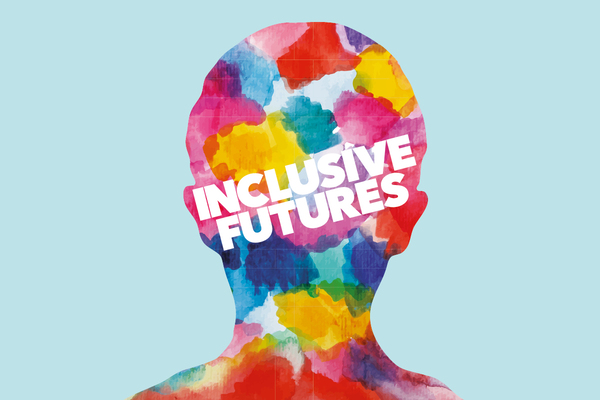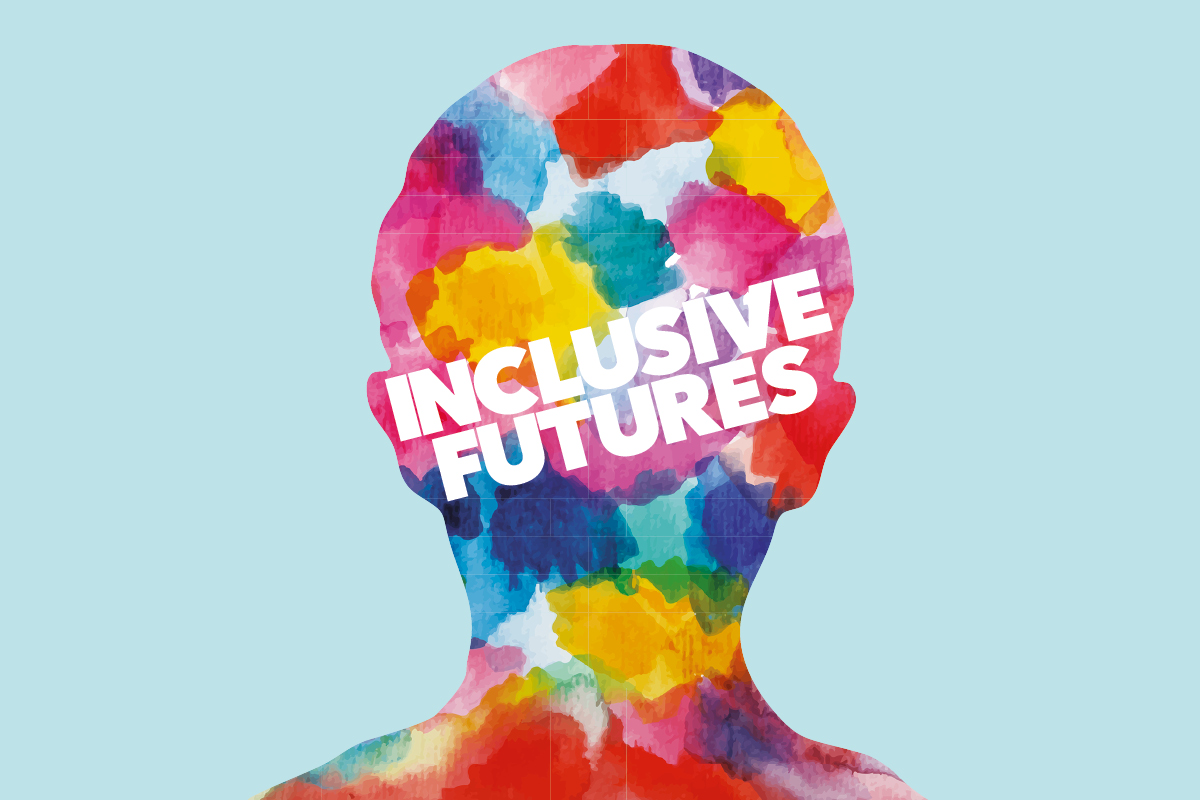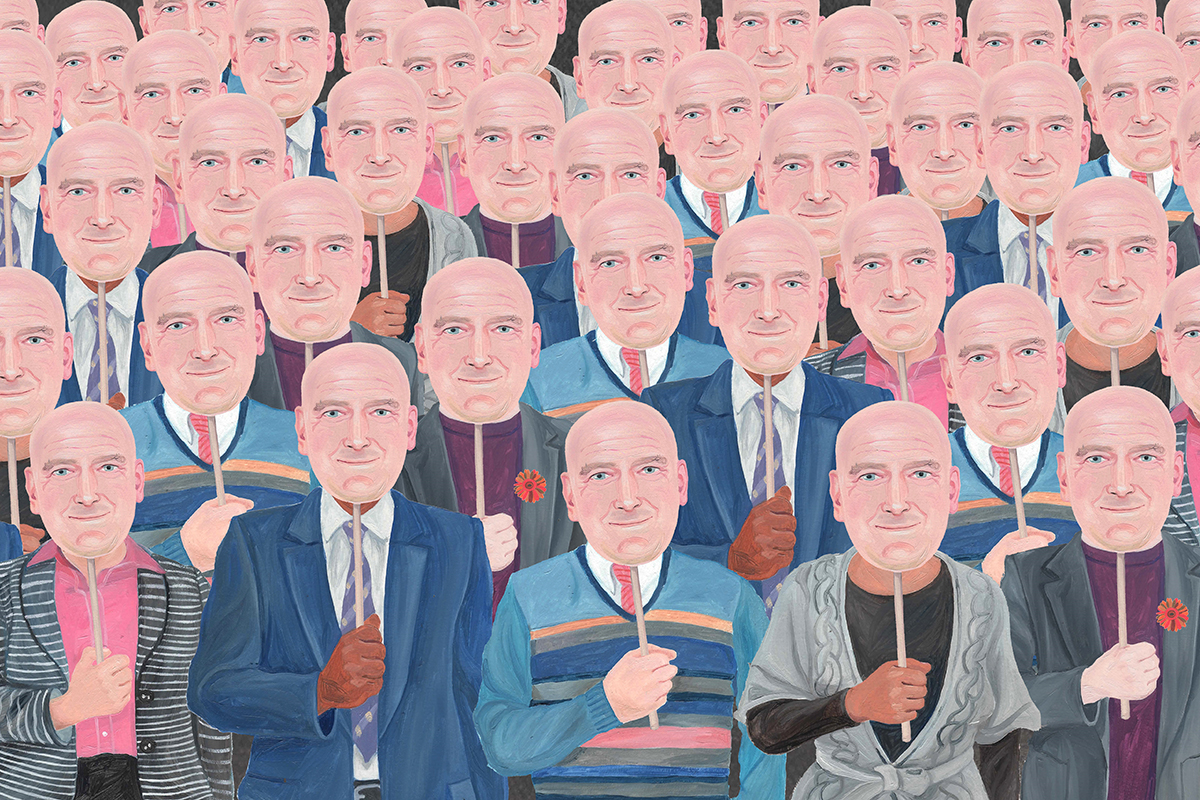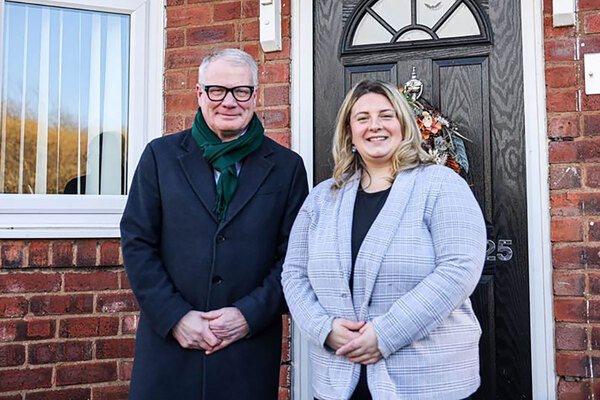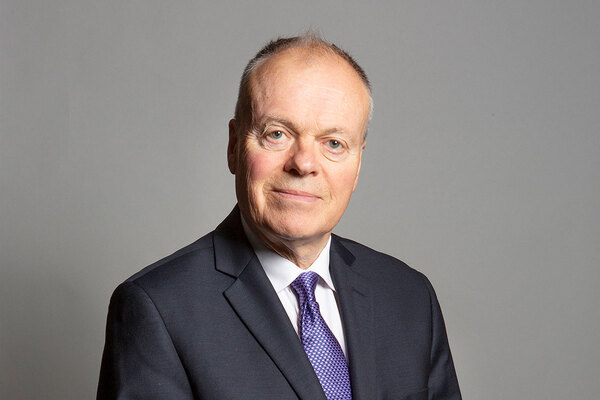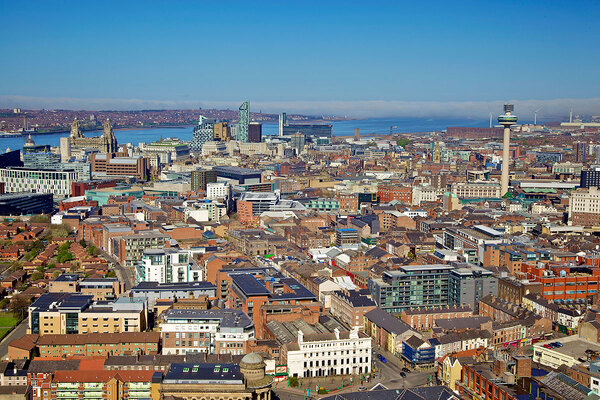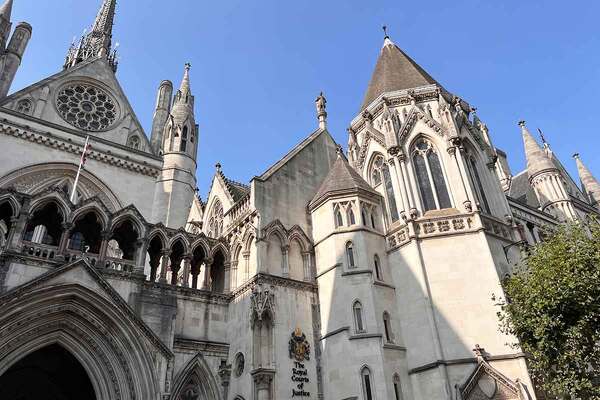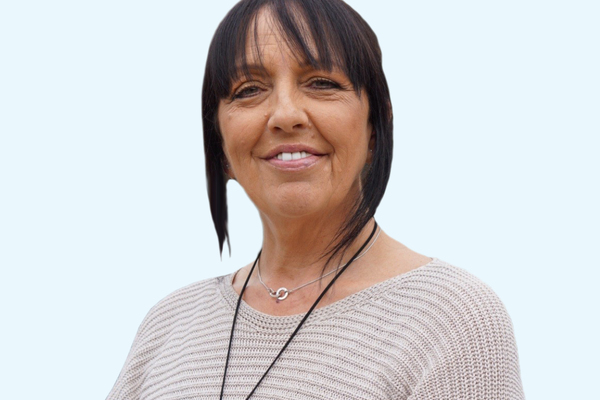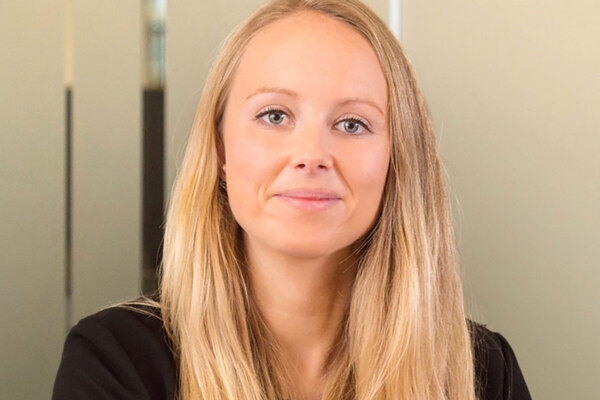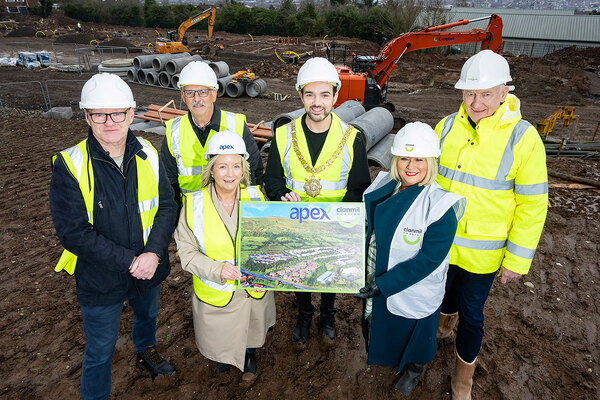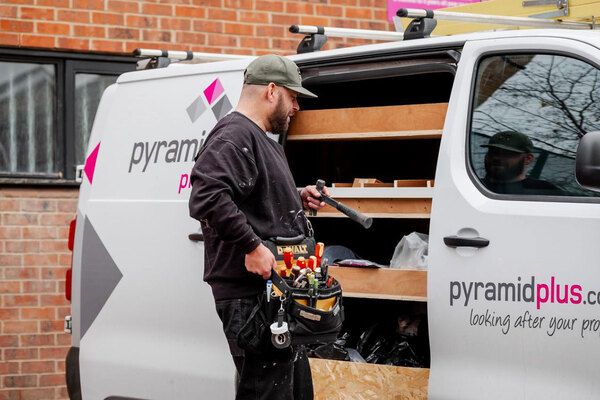You are viewing 1 of your 1 free articles
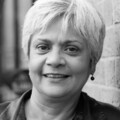 Cym D'Souza
Cym D'SouzaRacial equality rose up the agenda last year, but there is much more to do in 2018
BME communities need greater support in these troubled times, writes Cym D’Souza
Looking back on the past 12 months, it is remarkable how racial equality has risen up the political agenda even as the post-Brexit environment has become more hostile to inward migration and has sparked an increase in racial hate crime.
The Casey Review of community cohesion, the review by David Lammy MP of the UK’s criminal justice system, and the report by the All-Party Parliamentary Group on Social Integration on the integration of new migrants all highlighted how BME communities need greater support in troubled times.
And a couple of months ago, the government’s Race Disparity Audit brought together a range of data highlighting racial inequities across an array of policy areas, including housing.
BME National has long campaigned on such issues.
We published a report 12 months ago with the Human City Institute, which looked back at 40 years of BME communities’ struggle to overcome racial disadvantage and discrimination in housing.
It is the first significant report on race and housing issues for many years, showing how BME people experience significantly more housing stress than white people.
Published to mark 40 years since the Race Relations Act and 30 years since the Housing Corporation’s first BME Housing Strategy, the report chronicles the racial disparities BME communities experience in England’s housing system.
BME people constitute four in 10 homeless acceptances by local authorities – more than double that of a decade ago.
Overcrowding, ‘non-decent’ housing, fuel poverty and negligible housing wealth are far more prevalent in BME communities because of a decades-long legacy of discrimination and economic inequality – especially in the jobs market.
“Overcrowding, ‘non-decent’ housing, fuel poverty and negligible housing wealth are far more prevalent in BME communities.”
BME communities also tend to suffer greater deprivation in terms of relative poverty, health and the built environment. And our communities are disproportionately affected by welfare reform – especially the bedroom tax, the benefit cap and Universal Credit.
Both the Race Disparity Audit and the BME National research reveal how dwindling social housing stock and lessening affordability in both homeownership and the private rented sector excessively affect BME communities.
Within social housing, lettings to BME applicants closely match their representation in the population at large.
However, given the higher degree of housing stress in BME communities, it might be expected that BME applicants should receive a greater proportion of social lettings than they do, given that such lettings are still made largely on a housing needs basis.
The Localism Act, which allows local authorities to exclude recently arrived groups from their housing registers, and choice-based lettings approaches have both contributed to lower levels of social lettings to BME communities than the needs data would predict.
This is where the BME housing sector makes such a significant contribution, with upwards of two-thirds of our lettings going to BME applicants.
“The BME housing sector continues to offer significant employment to BME people… and a pool of talent into which mainstream social housing can dip for senior staff and board members.”
Alongside this, we continue to offer significant employment to BME people, opportunities for upwards mobility and advancement, and a pool of talent into which mainstream social housing can dip.
Our 30-year mission has always been to go beyond the provision of housing and culturally sensitive services.
We have supported often fragile local economies in inner city neighbourhoods through our housebuilding, refurbishment, repairs services, local procurement and supply chain spending.
CLICK HERE TO READ ABOUT OUR DIVERSITY CAMPAIGN
Our knowledge of BME communities, our role in promoting community cohesion, our housing rights website with the Chartered Institute of Housing, and our growing help to new migrants, refugees and asylum seekers are key examples of this wider work.
“Much more needs to be done on the ground.”
Every year we hold a conference that informs our work through engagement with other sectors and expert speakers, while bringing together good practice by the BME housing sector that enables us to create a knowledge bank to inform the future trajectory of our housing collective.
So between the campaigning by BME National and publication of a range of reports and reviews by government and All-Party Parliamentary Groups, 2017 might be seen as a pivotal year for stressing the need to refocus policy and practice on tackling racial discrimination and disadvantage.
That having been said, the collapse of social mobility in the UK, which indirectly affects BME youngsters since they tend to be more frequently born into lower socio-economic classes, and the lack of action on community cohesion, or indeed, any follow-up to the Race Disparity Audit findings, illustrate how much more needs to be done on the ground.
Cym D’Souza, chair, BME National; chief executive, Arawak Walton

